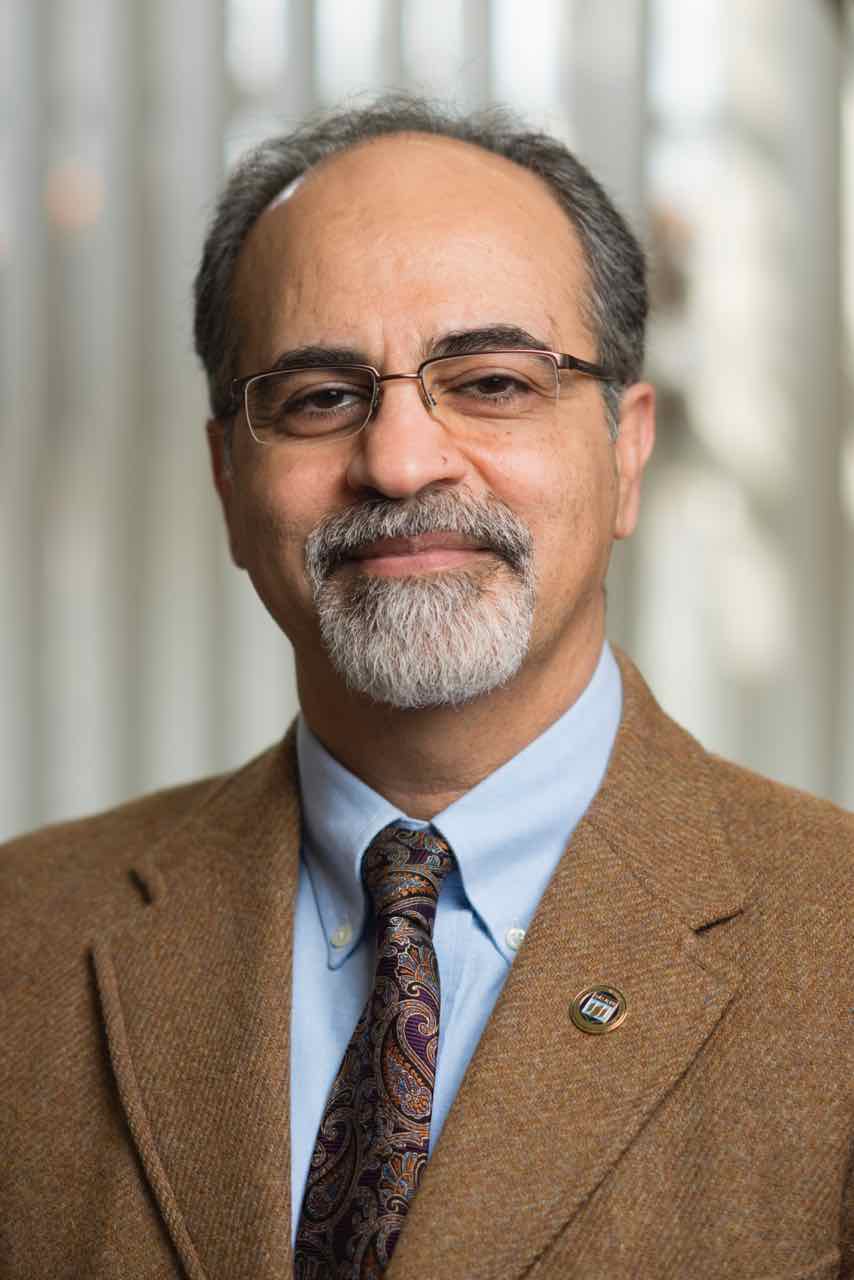Chair’s Message
 Welcome to the Department of Mechanical Engineering at the University of Maine, where we provide our students a warm learning environment enriched by a group of dedicated faculty and staff.
Welcome to the Department of Mechanical Engineering at the University of Maine, where we provide our students a warm learning environment enriched by a group of dedicated faculty and staff.
We started the 2024-25 academic year by welcoming a record number of incoming and returning students to the UMaine campus and our home in the state-of-the-art Ferland Engineering Education and Design Center. We also welcomed five new faculty members with diverse backgrounds and expertise.
We continue to offer our undergraduate students an ABET accredited and modern curriculum leading to a bachelor of science degree in mechanical engineering with an opportunity to select an optional Concentration in either Aerospace Engineering or Offshore Wind Energy. Our undergraduate students can also pursue minors in Robotics, Biomedical Engineering, Ocean and Marine Engineering and many more among a host of programs offered by the Maine College of Engineering and Computing and UMaine at large.
A distinguishing feature of our undergraduate program is its emphasis on hands-on engineering through capstone design experience and experiential learning opportunities through internships, study-abroad programs, undergraduate research, as well as student clubs and organizations in mechanical engineering and beyond.
Our graduate students can pursue a master of science or a Ph.D. degree in mechanical engineering by advancing their knowledge through a rigorous academic program that combines specialized coursework with innovative research. We offer optional graduate concentrations in Aerospace, Offshore Wind Energy, Robotics & Mechatronics, and Smart Manufacturing. Nearly all of our graduate students are supported through research or teaching assistantships or fellowships while working side-by-side with our faculty in theoretical, computational, or experimental research endeavors.
In addition to educating our students, our faculty are actively pursuing exciting research in many areas, including additive and convergent manufacturing, wind and wave energy, solar-thermal energy, biorobotics, advanced materials, fluid-structure interaction, thermo-fluids, multiscale modeling, unmanned aerial vehicles, and design optimization under uncertainty. These scholarly pursuits are funded by state or federal agencies, including the National Science Foundation, the National Institutes of Health, the US Department of Energy, and the US Department of Defense, among others. In many ways, these scholarly pursuits are aimed at supporting the State of Maine and developing technology solutions to societal needs.
I invite you to explore our website to learn more about the exciting educational and research programs we have to offer our prospective students who wish to be known as UMaine Mechanical Engineer!
Masoud Rais-Rohani
Richard C. Hill Professor and Department Chair
